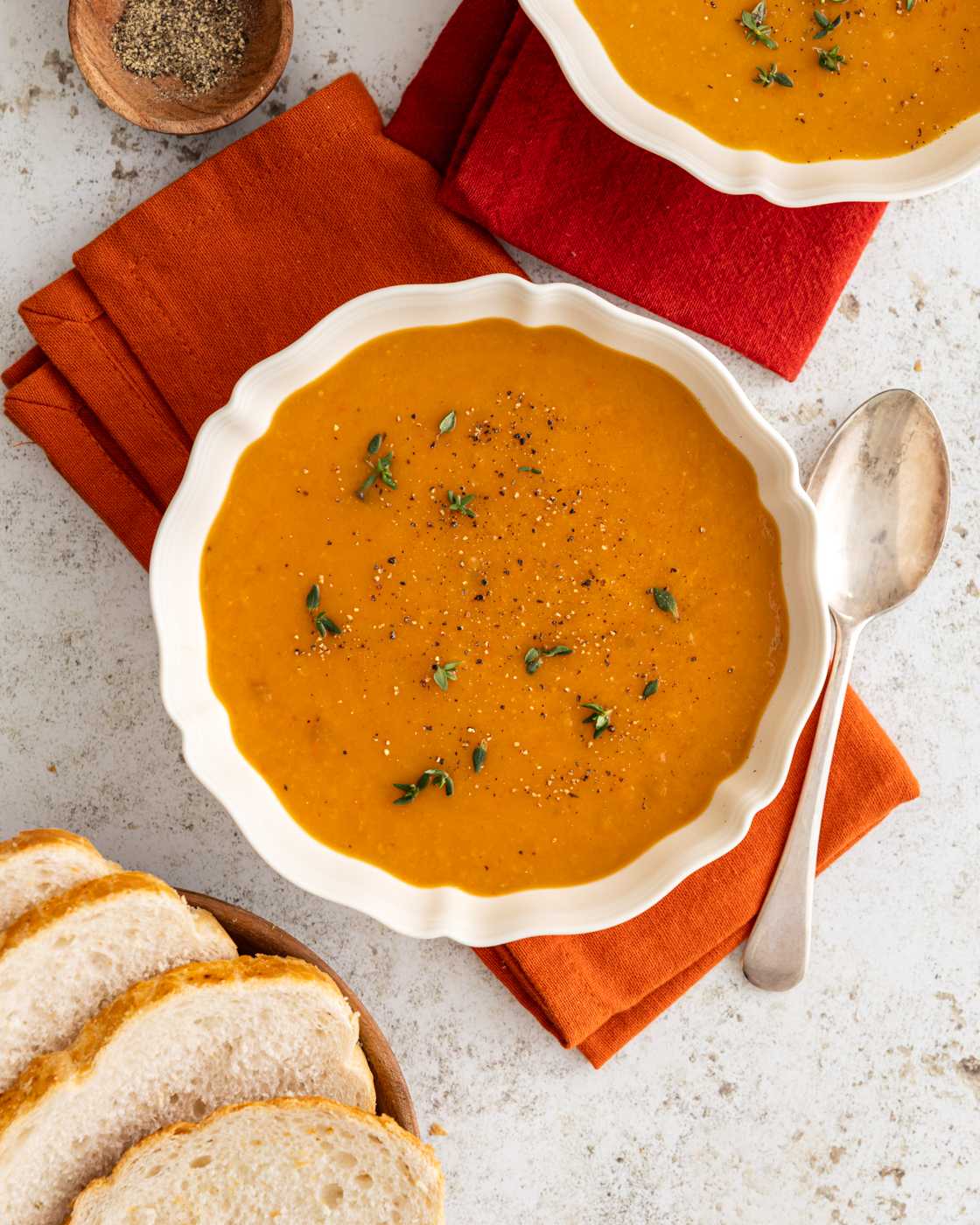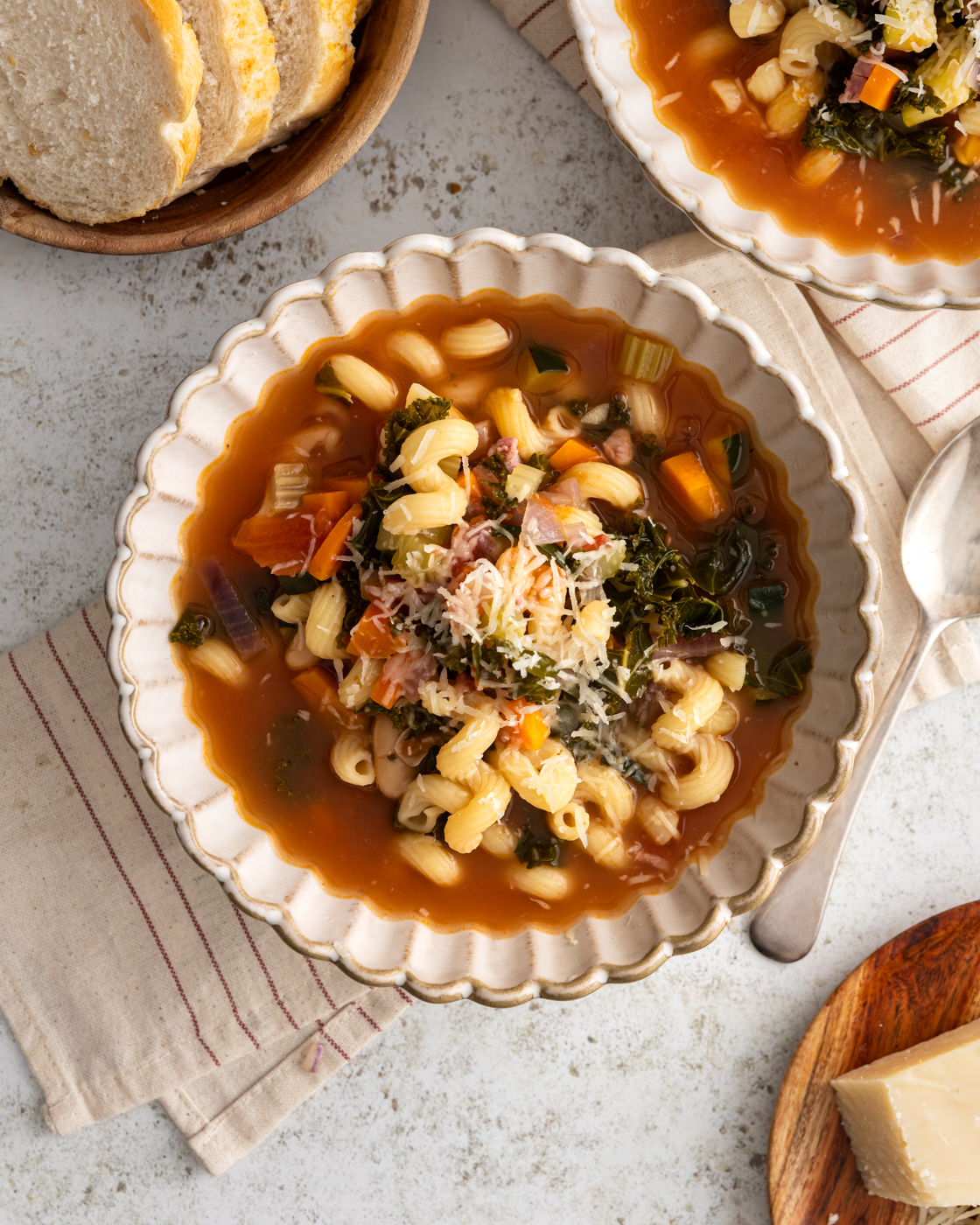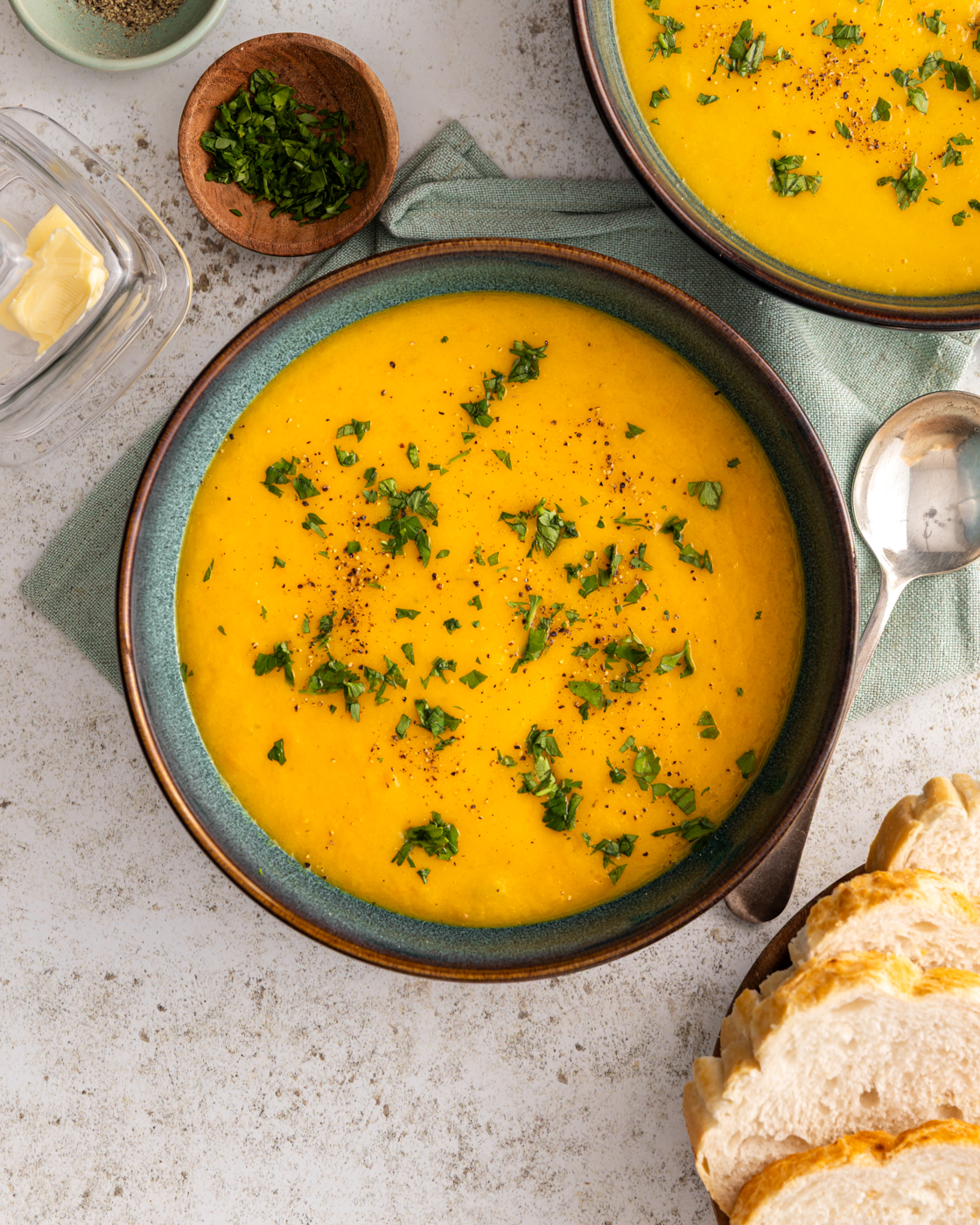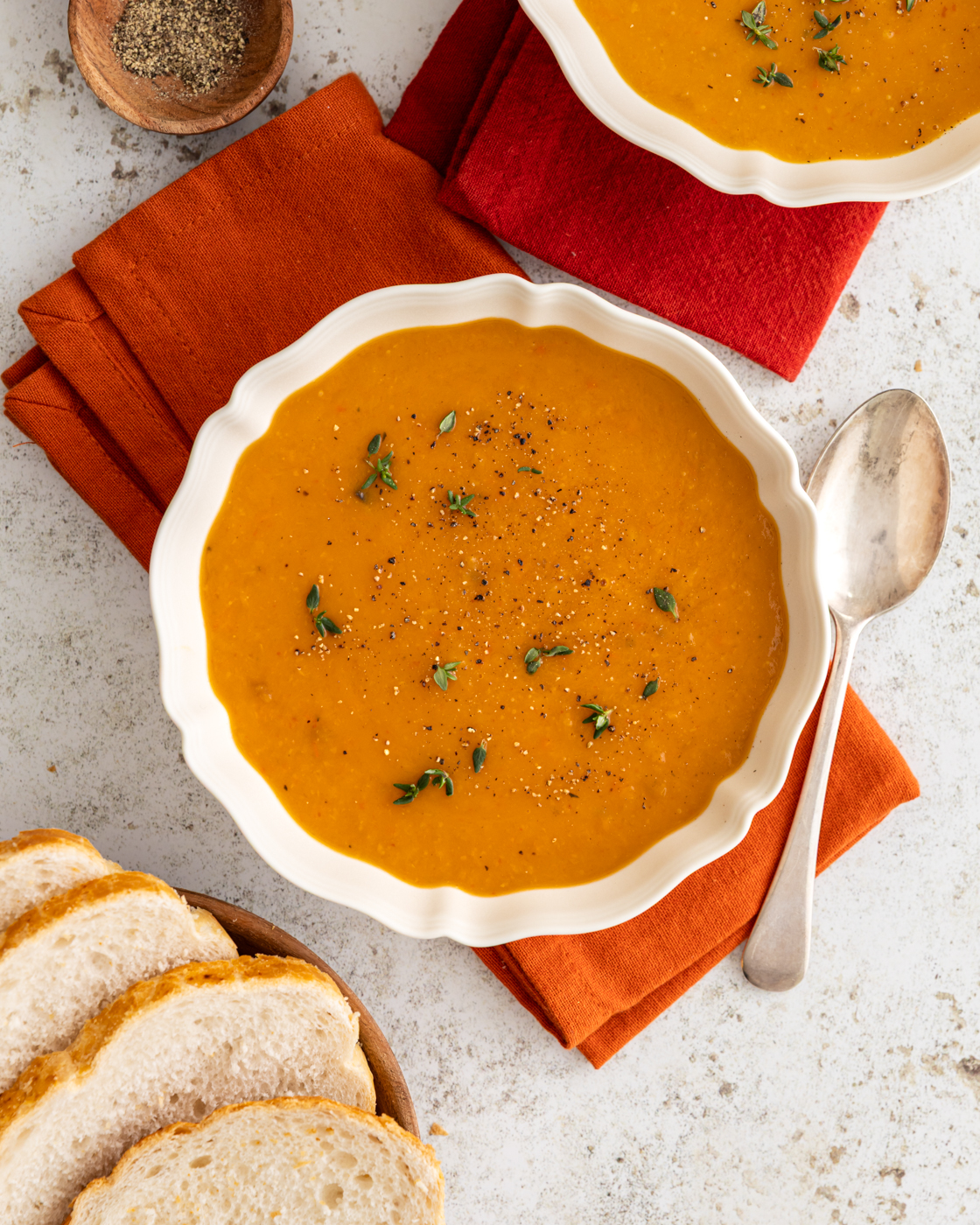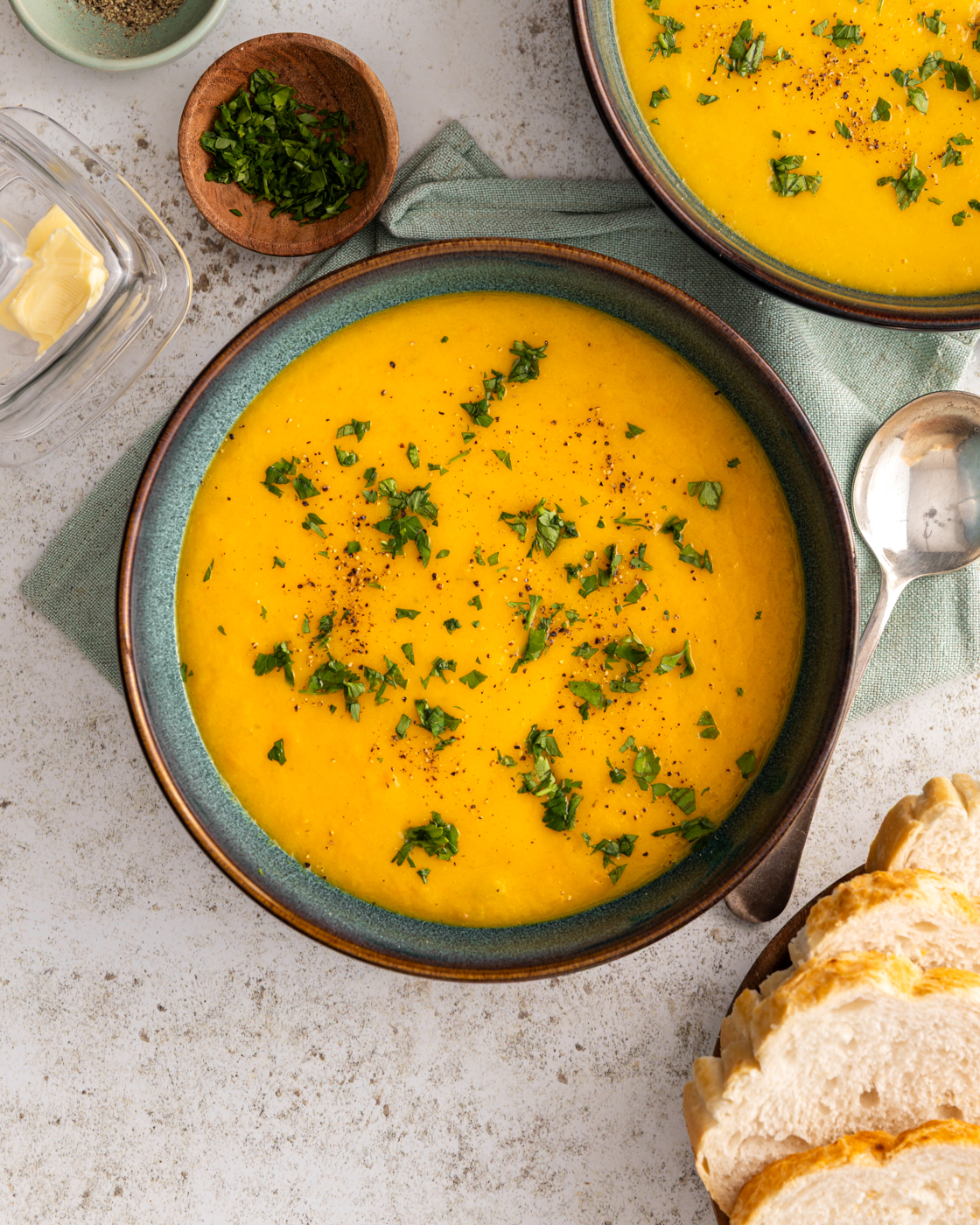
Is It Healthy To Be Vegetarian While Pregnant?
Thu Apr 09 2015

We’ve teamed up with eumom to give you the best advice about feeding your family. This week, we’re talking about whether it’s healthy to be vegetarian while pregnant.
Being vegetarian brings with it many benefits – lots of fruit and vegetables and lots of fibre, a real plus towards the end of pregnancy. But are there some nutrients that vegetarians need to watch out for? Sarah Keogh takes a look at how to manage a meat-free pregnancy and highlights some food for thought (pardon the pun) when it comes to a vegetarian diet.
Every mom knows that what you eat during pregnancy can have a real impact on how healthy you and your baby are by the time you gives birth. A healthy diet during pregnancy means that you gain the right amount of weight – without overshooting! – and give your baby all of the vitamins, minerals and other nutrients they need to grow.
Protein power
The major nutrient that babies need for growth is protein. Vegetarians can get all of the protein they need from beans, lentils and nuts, as well as foods made from soy and quorn. It is important to add some grains as well. We need a good mixture of all of the different amino acids for health and mixing beans and lentils with grains will help to get the balance right. Try baked beans on toast, veggie chilli with rice or stir fry with noodles.
Aim to have beans and lentils three times a day (yes, really three times a day!). Women need more protein by the third trimester, but often increased appetite takes care of that as long as we are eating protein foods at every meal. Try seeds over your breakfast cereals, bean salads at lunch and casseroles with beans at dinner.
Count on Calcium
Calcium is incredibly important during pregnancy – both for your bones, as well as your baby’s. Dairy foods like milk, yoghurt and cheese (but not butter and cream) are the best places to get calcium. They are also a great place to pick up some extra protein. You can also get calcium from calcium-fortified soya milk, but you do need to take about three glasses a day, just like cow’s milk. Be careful with other milks, like rice milk and almond milk, as they are usually not fortified with calcium and you may need a calcium supplement if you are avoiding dairy foods completely.
Fishy Brain Food
Fish is one growing issue for vegetarian moms. The omega-3 DHA which is only found in fish is now known to be essential for the brain development of babies. Many vegans and vegetarians really do not want to eat fish – pregnant or otherwise! – but unfortunately, DHA cannot be found in plant foods.
In the past it was thought that the omega-3s from plants were enough, but we now know that plant omega-3s (called ALA) do not have the same benefits as DHA at this crucial time for baby’s brain development. The FSAI (Food Safety Authority of Ireland) now recommends that vegetarian and vegan women take a fish oil supplement during pregnancy. This is not always popular advice amongst my own patients, but most do manage to do it.
The Importance Of Iron
Iron can be an issue in any pregnancy, but vegetarian moms do not usually have any greater problem with iron than moms who eat meat – did you know that 50 per cent of Irish women do not eat enough iron? Just make sure to include lots of chickpeas and red lentils, which are both great sources of iron, as well as lots of green, leafy vegetables like spinach, cabbage and kale.
The big benefit of a vegetarian pregnancy is that all of the beans, lentils and nuts are low GI and the extra vegetables that vegetarians eat mean that it can be easier for them to manage their weight.
If you are concerned about having a vegan or vegetarian pregnancy, or just want more information, contact a qualified dietitian who can assess your diet and help you to make any changes you might need.
Sarah Keogh is a consultant dietitian at the Early Feeding Clinic, Albany Clinic, Lower Fitzwilliam Street, Dublin 2. Call (01) 661 2222 or visit www.earlyfeedingclinic.ie

